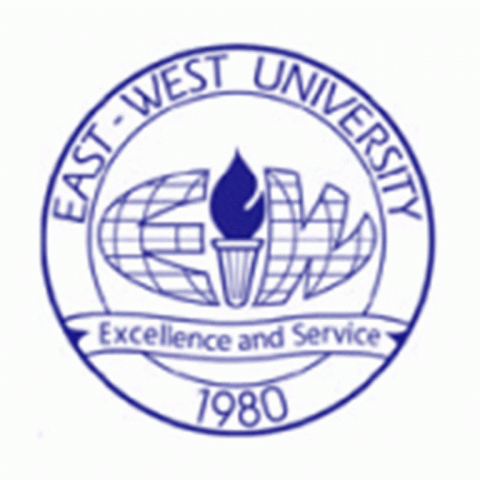Tales of triumph: A Pakistani chancellor in Chicago
Dr Wasiullah Khan shares the success story that is East-West University.

Dr Wasiullah Khan shares the success story that is East-West University. PHOTO: www.eastwest.edu
When Dr Wasiullah Khan came to the United States five decades ago, he brought with himself a motley of academic certificates, soaring ambition, and sincere dreams. Today, he is chancellor of East-West University in Chicago, ranked among the top 10 most affordable American universities for higher education.
A Pakistani-American, Khan was one of the eight people awarded this month for their services to the Muslim community in America at a grand dinner in the windy city.
‘We’ve come a long way’
“I still remember the day I attended the first meeting to establish this university. It was December 10, 1978 and a group of seven people – four academics, a businessman, a lawyer and a physician – formed a planning group to establish a new, urban, non-denominational institution of higher learning,” recalls Khan.
The institution received approval and operating authority from the Illinois Board of Higher Education in 1980, and classes began on September 15.
“There were just 23 students in the first year … by the next year, the number had risen!” exclaims the chancellor. “By 2015, we are likely to have 1,500 students in 20 different disciplines.”

Over the years, East-West has found its way organically, through well-intentioned experimentation.
According to Khan, many Indians and Pakistanis enrolled in that simply because the fees were significantly less compared to other programmes. They weren’t really interested in learning or teaching the language, but simply to come to the US this way.
In a different vein, special courses in Islamic Studies are particularly popular, especially among non-Muslims.
After the institute
The alumni of the school have proved their mettle in different fields. One graduate has founded his own bank in US, another is running a successful project in Angola, while a third is a minister in Thailand.
“There are hundreds of our graduates who make us proud,” says Khan. He adds that academic programs available attempt to meet the diverse needs of students hailing from different racial, ethnic, cultural and economic backgrounds. “The university aims to foster equal educational opportunity, our students reflect that,” he says.
The institution, one that was inaugurated in a rented building, today has a $60 million surplus and property worth $85 million.
Khan has already established a research journal for the university, and is not working towards a think tank.
“It is our job to disseminate as much information and knowledge as possible. That’s exactly what we’re striving to do,” he maintains.
Published in The Express Tribune, December 14th, 2013.



















COMMENTS
Comments are moderated and generally will be posted if they are on-topic and not abusive.
For more information, please see our Comments FAQ